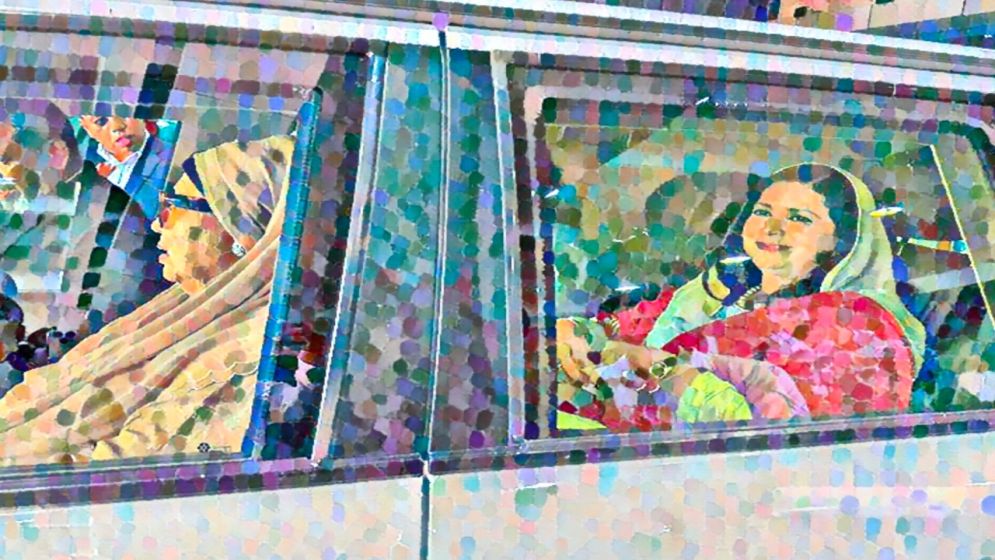Khaleda Zia’s return signals possible democratic reset for Bangladesh

After four months of medical treatment in the United Kingdom, former Prime Minister Khaleda Zia returned to Bangladesh on Tuesday to a thunderous reception, reigniting the political pulse of a nation emerging from years of authoritarian grip.
Zia, 78, the embattled chairperson of the Bangladesh Nationalist Party (BNP), landed at Hazrat Shahjalal International Airport just before 11 a.m. aboard a Qatar-provided air ambulance.
Flanked by daughters-in-law Dr. Zubaida Rahman and Syeda Shamila Rahman, she was met by party leadership and throngs of jubilant supporters who transformed the capital into a sea of flags, slogans, and portraits.
Her return comes at a pivotal time, with the country under a transitional administration led by Nobel Laureate Muhammad Yunus.
The former prime minister, Sheikh Hasina—whose 15-year tenure was marked by accusations of creeping autocracy and the suppression of dissent—was ousted in a student-led uprising last August and now lives in exile in India.
BNP supporters hailed Zia’s arrival as a political watershed. “The mother of democracy has returned,” said Rakib Hassan, a young activist in Banani. “This is the beginning of a new chapter for Bangladesh.”
Streets leading from the airport to Zia’s Gulshan residence were lined with chanting supporters throwing flowers and waving images of Zia, her late husband and BNP founder Ziaur Rahman, and acting party chairman Tarique Rahman.
A visibly emotional Secretary General Mirza Fakhrul Islam Alamgir described the moment as a “turning point” for a nation struggling to reclaim its democratic identity.
Zia, who has spent much of the last two decades either under house arrest or in prison, did not make a public appearance beyond her convoy ride.
Her physician, Professor AZM Zahid Hossain, told media outside her residence that she had shown “notable improvement” in both physical and mental health while in London.
Zia’s decades-long rivalry with Sheikh Hasina has defined Bangladeshi politics for generations. Under Hasina’s rule, Zia was sidelined through a series of politically charged legal cases and sweeping crackdowns on opposition activity.
Her release came only after Hasina’s downfall and under growing international and domestic pressure for political reconciliation.
BNP leader Ruhul Kabir Rizvi framed Zia’s return in historical terms. “This is not just a homecoming—it’s a reclamation,” he told reporters. “Our leader's presence symbolizes a renewed push for justice, pluralism, and accountability.”
While Zia is expected to remain at her residence, Firoza, for rest in the immediate term, party officials indicated she will soon resume political activity.
—-

